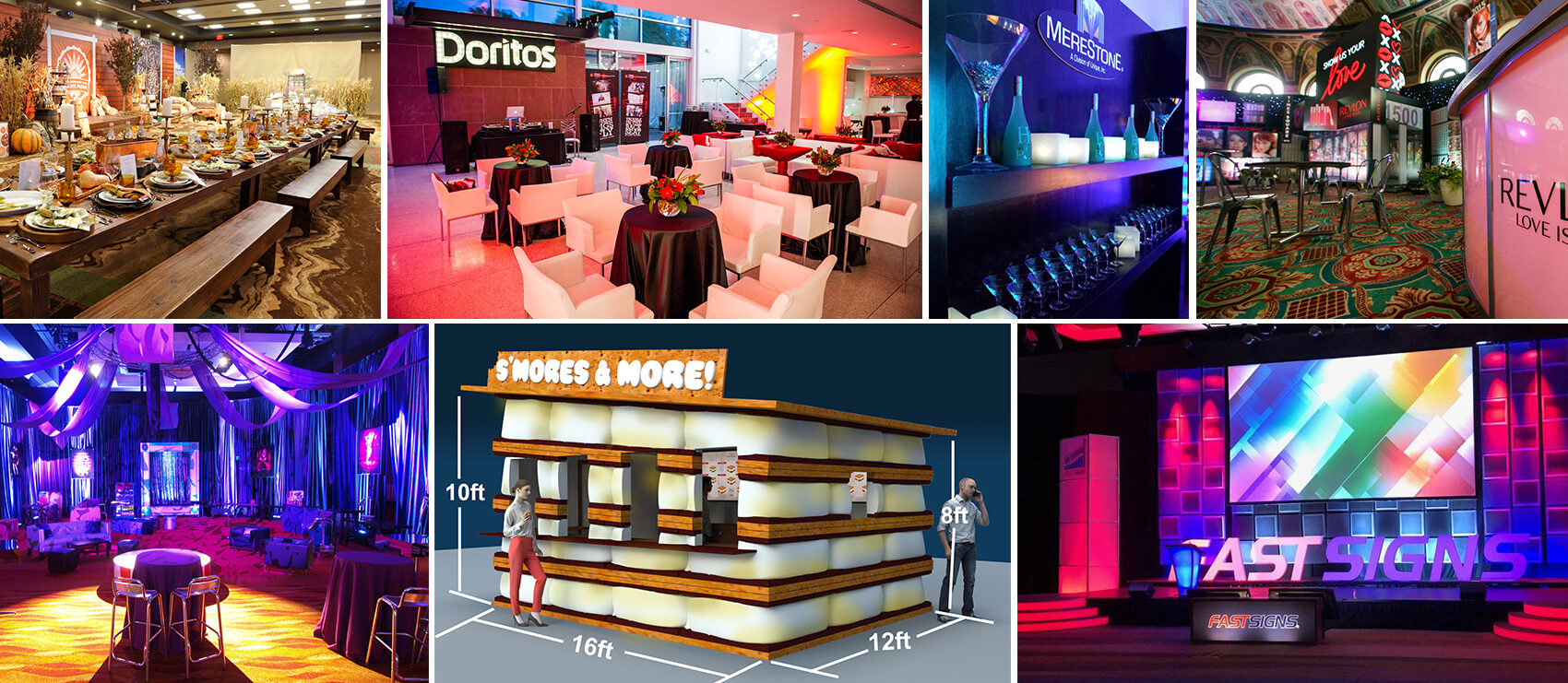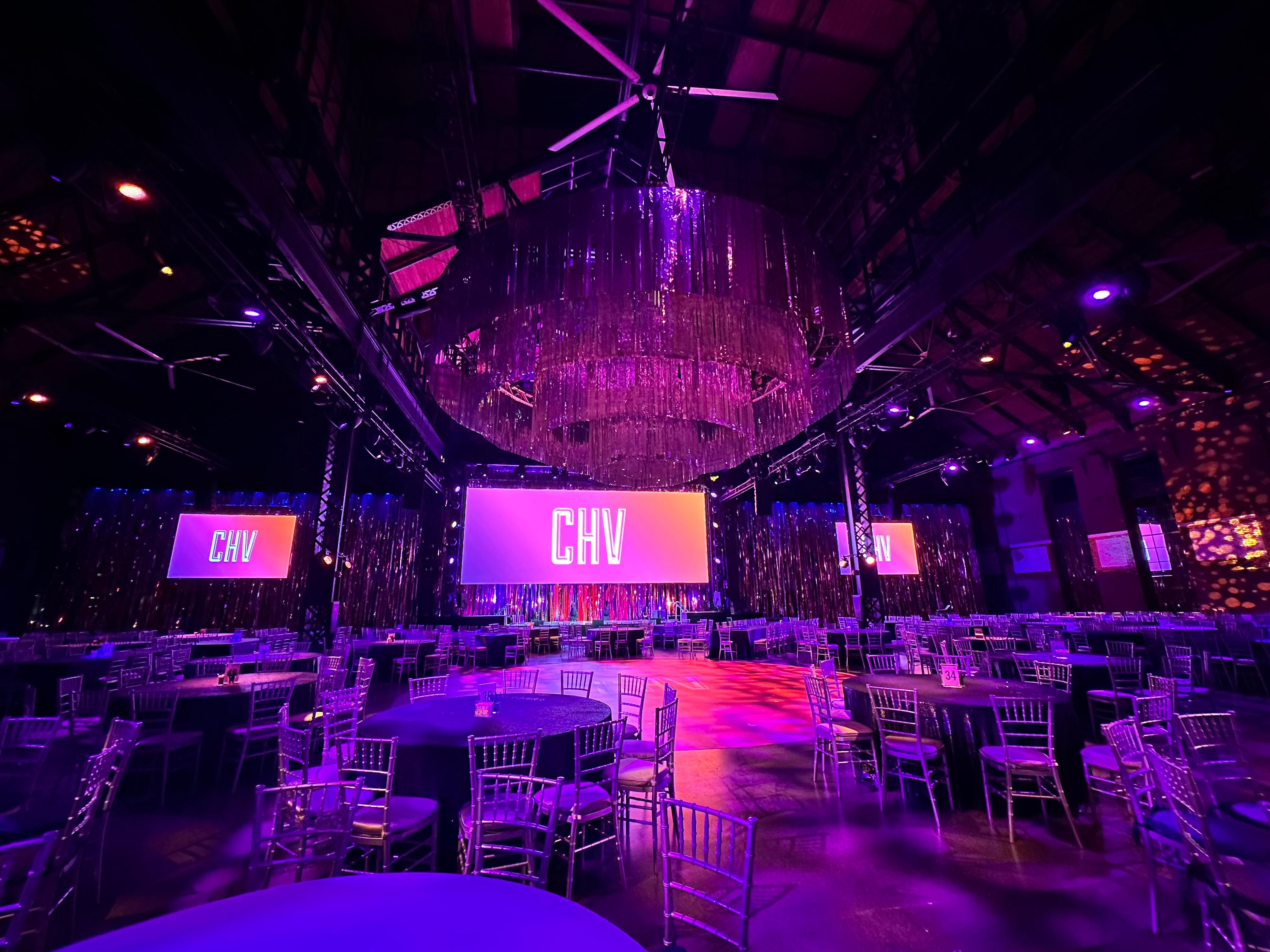Comprehending the Significance of Occasions Management in the Manufacturing Industry
The relevance of events monitoring within the manufacturing industry can not be overemphasized, as it offers as a crucial part in connecting the void in between creative vision and efficient execution. By emphasizing logistical control, budget plan adherence, and stakeholder communication, effective occasions can elevate brand involvement and functional efficiency.
Function of Events Monitoring
Events management plays a crucial duty in the manufacturing industry, working as the bridge between imaginative principles and substantial end results. It incorporates a vast array of obligations, including preparation, performing, and evaluating numerous occasions, which are important for showcasing manufacturings, engaging audiences, and promoting partnership among stakeholders.
One of the crucial functions of events monitoring is logistical sychronisation. This entails safeguarding locations, arranging tools, and handling timelines to make sure that every information aligns with the overarching vision of the manufacturing. Furthermore, occasions managers are charged with budgeting and source allowance, which calls for a keen understanding of economic constraints and the ability to make the most of value.
Furthermore, reliable interaction and stakeholder management are crucial elements of events management. Specialists in this area must liaise with a diverse collection of individuals, including artists, sponsors, and suppliers, to produce a natural experience. They also play a vital role in advertising and marketing and promotion, utilizing various channels to generate passion and participation.

Advantages for Production Companies
An efficient occasions management method can produce significant advantages for manufacturing companies, boosting their general functional effectiveness and market presence. By streamlining the planning and execution of events, production companies can assign sources better, minimizing expenses linked with mismanagement or final changes. This performance not only conserves cash however likewise permits groups to concentrate on their core competencies, ultimately leading to higher-quality results.
Moreover, well-executed events can act as effective marketing tools, increasing brand exposure and fostering stronger partnerships with clients, stakeholders, and the public. Engaging occasions develop chances for networking and cooperation, which can lead to brand-new collaborations or tasks that amplify a firm's reach within the sector.
In addition, occasions can give useful understandings via target market feedback and involvement metrics, making it possible for manufacturing business to improve their strategies and offerings. This data-driven approach can result in more targeted advertising and marketing initiatives and enhanced consumer complete satisfaction.
Key Components of Effective Events
Effective events pivot on numerous crucial elements that contribute to their general effect and effectiveness. Firstly, clear purposes are crucial; comprehending the purpose of the event allows for concentrated preparation and implementation. This entails determining the target audience and customizing the event's web content and tasks to meet their demands.
Furthermore, careful preparation is essential. This includes developing a comprehensive timeline, assigning duties and responsibilities, and taking care of budget plans successfully. Attention to logistics, such as venue selection, tools rentals, and providing solutions, can not be neglected, as they directly influence the occasion's success.
Another crucial component works communication. This encompasses not only internal coordination among employee yet also external messaging to stakeholders and participants, guaranteeing every person is educated and engaged.
Obstacles in Event Coordination
Collaborating an occasion site here offers an unique set of challenges that can affect its overall success. Events usually have tight routines, and any type of hold-up can lead to a cascading impact on succeeding activities, decreasing the experience for attendees.

Budget plan restrictions likewise position a significant challenge. Event coordinators should browse economic limitations while striving to meet the assumptions of stakeholders, which often necessitates imaginative services to make best use of resources. Additionally, stakeholder management can be particularly intricate, as varying interests among sponsors, vendors, and clients should be integrated to accomplish a natural vision.

Future Patterns in Occasions Management
Progressively, the occasions administration market is embracing technical innovations that are improving the means occasions are planned and implemented. One substantial trend is the increase of digital and hybrid events, which provide higher ease of access and adaptability for attendees (production companies in charlotte nc). This shift allows coordinators to get to bigger target markets while reducing logistical costs connected with traditional in-person gatherings
Another trend is the assimilation of information analytics devices to improve occasion experiences. By collecting and analyzing guest data, event managers can tailor experiences to much better satisfy target market preferences and enhance interaction. This data-driven technique not just enhances participant complete satisfaction yet additionally offers valuable insights for future find out this here events.
Sustainability is additionally coming to be a focal factor in occasions administration, with firms focusing on green methods such as lowering waste and carbon impacts. This pattern lines up with wider societal shifts in the direction of ecological consciousness, attracting a demographic significantly worried about sustainability.
Finally, using immersive modern technologies, such as enhanced reality (AR) and digital fact (VIRTUAL REALITY), is readied to change event experiences, creating engaging and interactive environments that leave lasting impacts on participants. As these fads remain to evolve, they will unquestionably shape the future landscape of events management in the production market.
Conclusion
Finally, effective events monitoring is crucial for the production sector, bridging the void between innovative principles and their execution. By improving logistical coordination, maximizing source allotment, and cultivating stakeholder interaction, occasions management adds substantially to functional efficiency and audience interaction. Resolving the challenges of control while adjusting to future patterns will certainly additionally solidify its function in driving effective outcomes and boosting consumer complete satisfaction. Eventually, a calculated approach to occasions management Discover More Here is vital for sustained industry development.